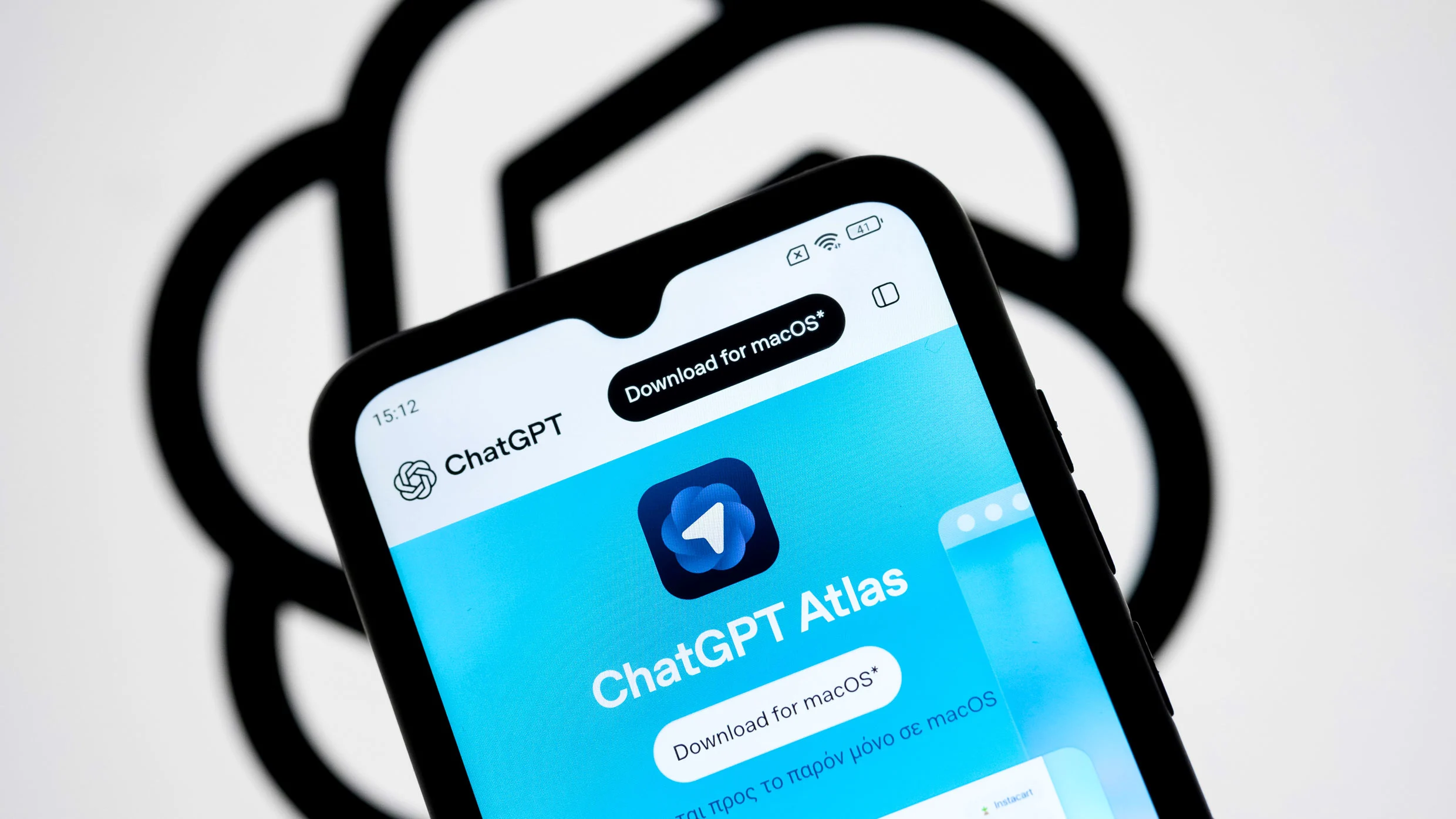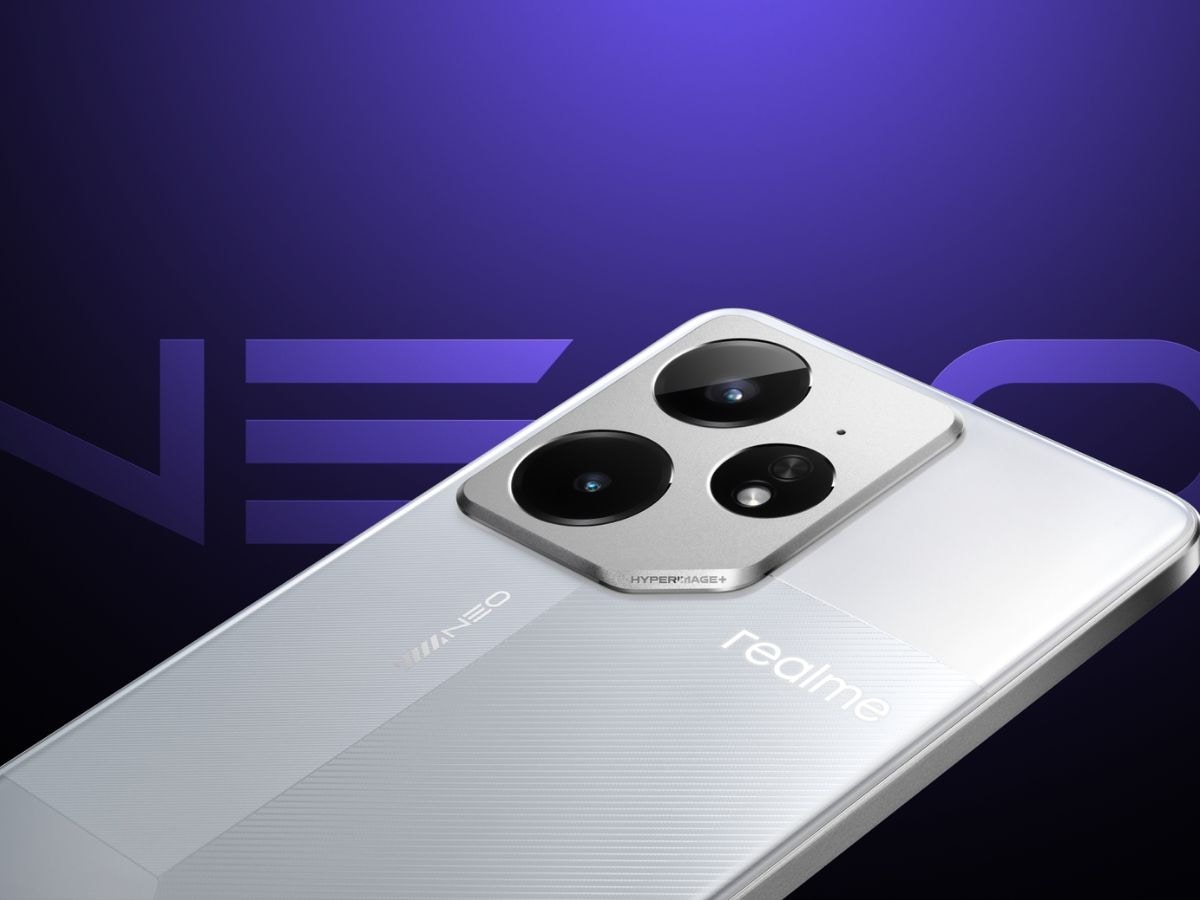Not content with having hundreds of millions of users peppering ChatGPT with queries and conversations every day, OpenAI wants to further embed itself in our digital lives. This week the company released Atlas, an AI-laden web browser it hopes will challenge incumbents and be adopted at scale.
Atlas is one of a raft of AI-powered browsers that have been unleashed on the market in recent months. Perplexity, the AI answer engine, has Comet. Opera, a smaller European competitor to the likes of Mozilla Firefox, Google Chrome and Microsoft Edge, released Neon, which has its own AI functionalities.
OpenAI stands a better chance than most of dislodging Google Chrome, which is used by around 70 percent of all web users, according to Statcounter. But it’s still hard to see how Atlas will eat into Chrome’s supremacy. “It’s hard to get people to change browsers,” says Johnny Ryan, a senior fellow at the Open Markets Institute who has investigated how users choose different digital services.
Of course, OpenAI has good reason to feel confident. ChatGPT became a success within a matter of weeks thanks to its novel interactivity. OpenAI followed it up earlier this year with its controversial Sora 2 video generator, which gained a million users in five days. but For the average person, web browsers are decidedly less sexy.
Unless you’re extremely techy, the reality is that a web browser is a utilitarian piece of software, designed to get you from point A to point B: From one website to another. Provided it does that without destroying your device in the process, most people are content with how it works.
Over Statcounter’s 15-year history of recording web-browser market share, two browsers have dominated the market. Until 2012, that browser was Internet Explorer, as it had been since around the millennium, when it held a market share of between an 80 and 95 percent. But as competitors began offering better features and higher service quality, Internet Explorer’s global dominance began to fade.
In Europe, demand for Internet Explorer took a hit following a 2009 agreement with the European Commission requiring Microsoft to offer a “browser choice” screen to users, letting them know that there were alternatives to Internet Explorer. While the company did not immediately comply, around the time they began implementing it, in 2011 and 2012, they were supplanted by Google Chrome.
Those who do differ from the mean when it comes to browser choice often do so for moral reasons—preferring, for instance, DuckDuckGo’s browser because of opposition to what they see as Google’s overly draconian data collection on its users—or a personal preference for a different type of browser.
“The web-browser market consists of the three big browsers that ship as default on their respective operating systems. Beyond that, there is a vivid market of people who seek a different and better web experience,” says Jan Standal, vice president at Opera.
But, barring egregious performance issues, most people stick with whatever they’re given.
I personally hopped around various browsers between 15 and 20 years ago because they offered then-revolutionary tools like tabbed browsing, better multimedia support, or the ability to customize how they worked with extensions. But today’s crop of browsers are much of a muchness: Even the vaunted AI integration that OpenAI puts at the core of its marketing for Atlas is common now in many browsers.
If a web browser works well enough, then people tend to stick with it. That’s been true for decades. Internet Explorer was the market leader for years up until the early 2010s because it was bundled into the Windows operating system as the default browser, with no immediate indication to users that there were. alternatives.
Ryan points out that Atlas has one thing going for it—the perceived increasing unreliability of Chrome. Many users complain about its CPU-draining draw on processing power, and the way its tabs can quickly use up a device’s memory. “As Chrome gets worse, the incentive goes up,” Ryan says.
But he points out that as the general concerns around AI’s environmental impact mount, users may think twice about adopting a browser so reliant on AI. “As unease about AI data centers causing blackouts and water shortages grows, is this really the browser people will choose to move to?” he asks.
The early-rate deadline for Fast Company’s World Changing Ideas Awards is Friday, November 14, at 11:59 pm PT. Apply today.










